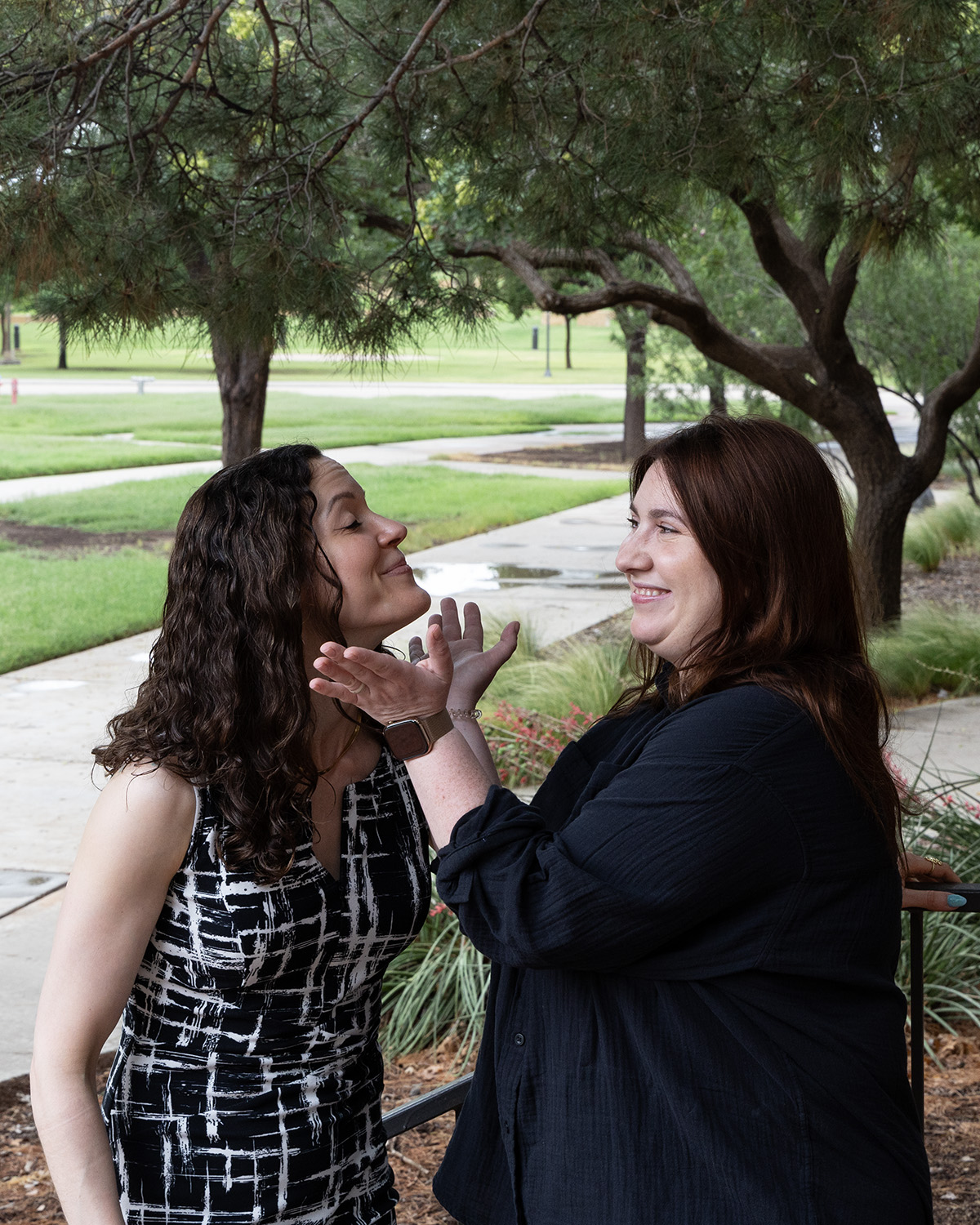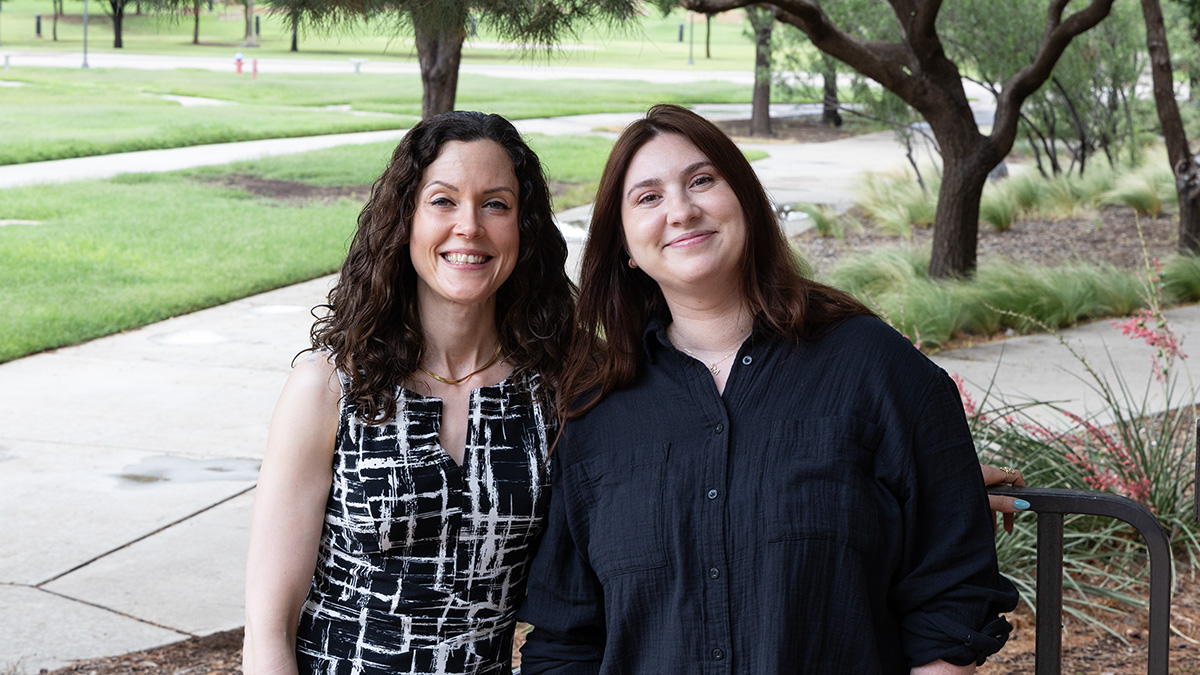
A new collaborative project at Texas Tech University is redefining how intercultural communication is taught, by turning real-life experiences into educational resources.
A new collaborative project at Texas Tech University is redefining how intercultural communication is taught, by turning real-life experiences into educational resources.
Dr. Sarah Schiffecker, Lecturer & Assistant Director of International Graduate Student
Affairs, and Dr. Maria Shpeer, Assistant Professor of Intercultural/International
Communication, are developing a narrative-style case study book that will serve as
a free and accessible educational tool for any course related to intercultural or
global communication. The book will feature real-life experiences that highlight how
people navigate cultural differences, paired with academic insights to help students
better understand intercultural dynamics.
“We want people to tell their stories,” Schiffecker said. “But then also bring in the scientific element, like a theoretical application and discussion questions. It’s going to be very interactive.”
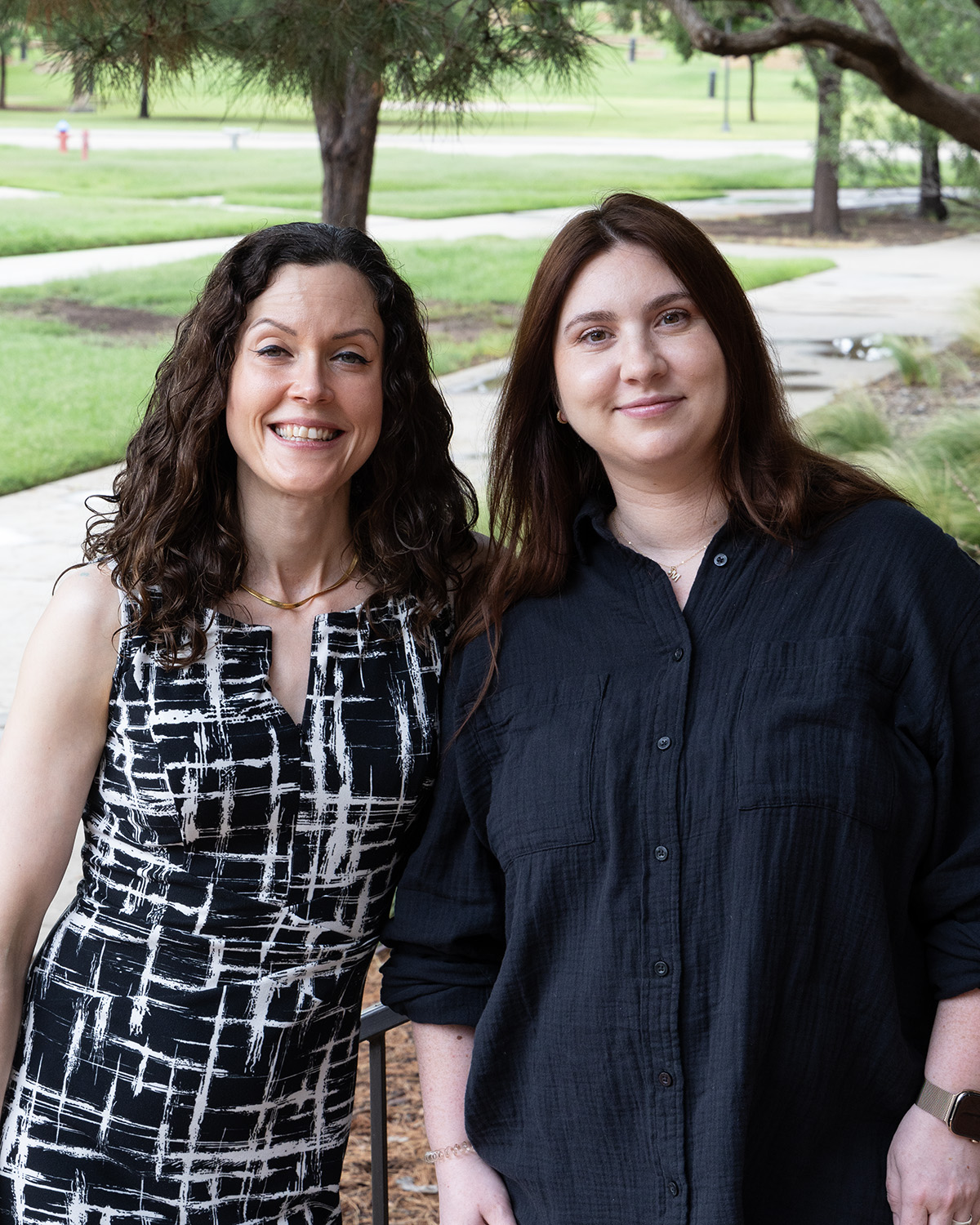
The project is supported by a grant promoting open educational resources, or OER materials designed to be used and modified freely by educators.
“The cool thing about open resources is that you can download them, edit them, modify them to fit your needs,” Schiffecker said. “It’s a completely different approach. We’re not treating this like sacred text. We’re saying: Here’s content—now go work with it.”
Shpeer said her inspiration for the book came from real-life misunderstandings and awkward moments that arise when cultures clash.
“I get in a lot of awkward situations,” she said, laughing. “Like, when I first moved to the States, I once sat at a stranger’s table at Starbucks. I didn’t know that wasn’t okay here. They just coughed and looked at me weird!”
Those moments, Shpeer explained, are powerful teaching tools, especially when they come from lived experiences.
“Sometimes case studies are so theoretical and impersonal,” she said. “We’re trying to come up with something that’s easy to understand, funny, entertaining, but also enriching.”
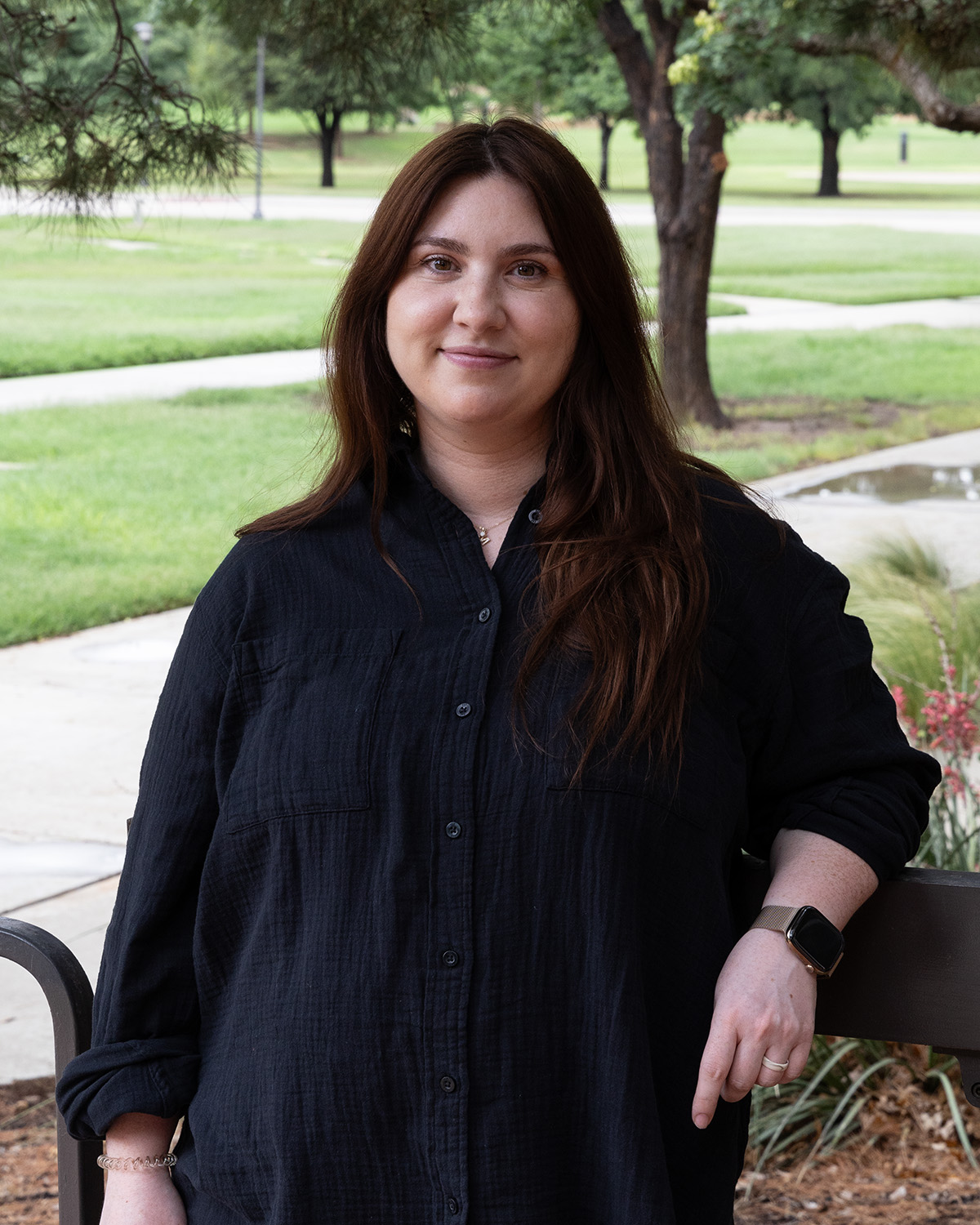
Rather than rely solely on academic scholars, the editors are inviting a broad range of contributors.
“We’re recruiting anyone with meaningful intercultural experience, students, faculty, staff, even administrators,” Schiffecker said. “It doesn’t have to be someone with a Ph.D. It could be someone who lives this every day.”
They hope the book will resonate with undergraduates, especially those who haven’t had the chance to travel internationally.
“Sometimes students are introduced to complicated communication theories without ever having had a passport,” Shpeer said. “That makes it really hard to relate. We’re trying to change that.”
The publication will be free to access and customizable, allowing instructors to use individual chapters or tailor the book to meet course needs.
“It’s affordable and it’s alive,” Schiffecker said. “We can keep adding chapters about current events or relevant issues, like refugee communication or conflict across cultures.”
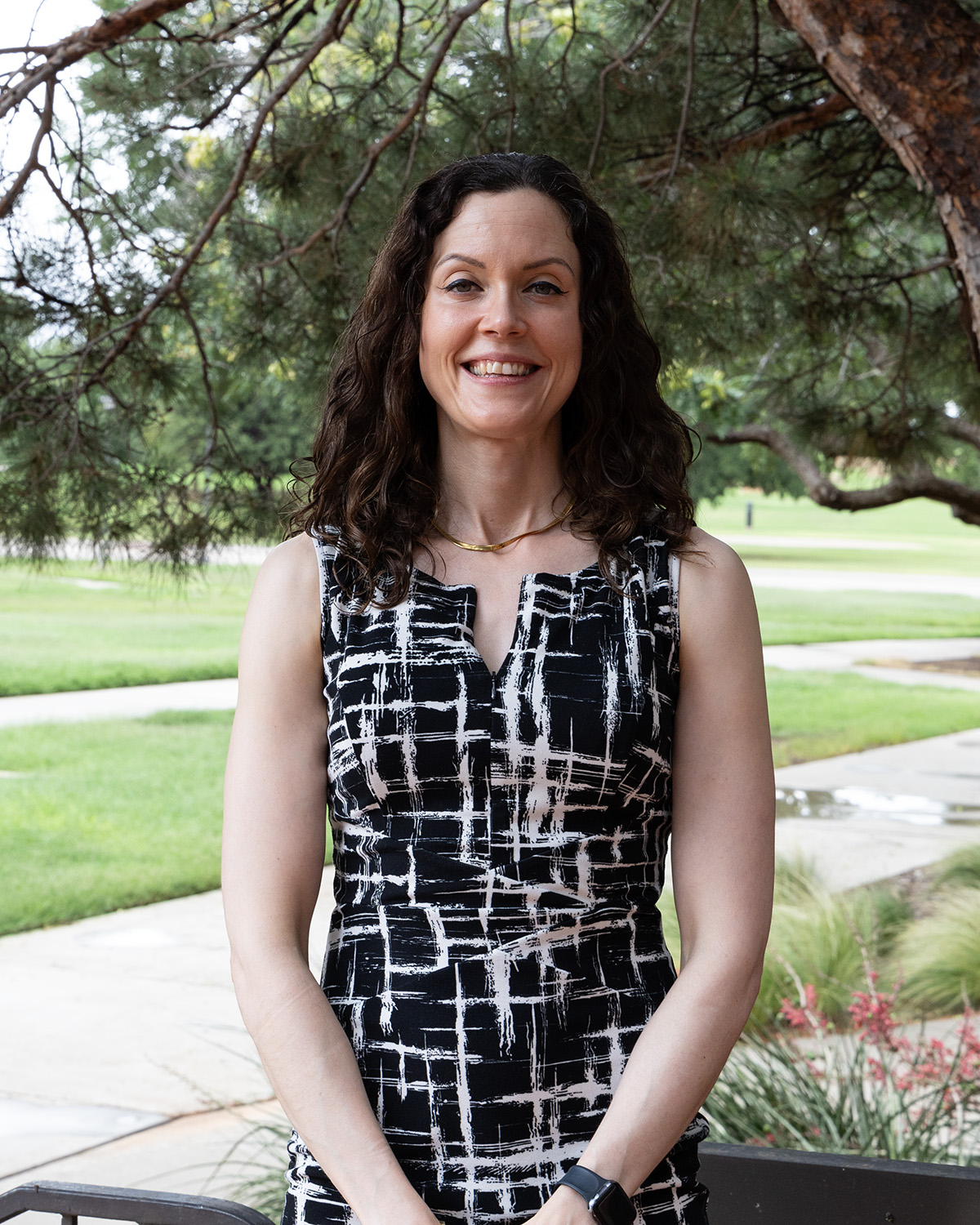
The professors also hope to expand the project linguistically.
“We’d love to include chapters in Spanish, especially since we’re a Hispanic-Serving Institution,” Shpeer said. “Eventually, we hope to translate it into Spanish, German and even Russian.”
More than just a textbook, the professors see the project as an opportunity to center lived experiences and elevate diverse voices.
“This is a chance to put a part of yourself into something meaningful,” Schiffecker said. “It’s a solo chapter publication, it counts toward tenure, and it helps people.”
Those interested in contributing are encouraged to reach out.
“It’s an amazing project,” Shpeer said.
